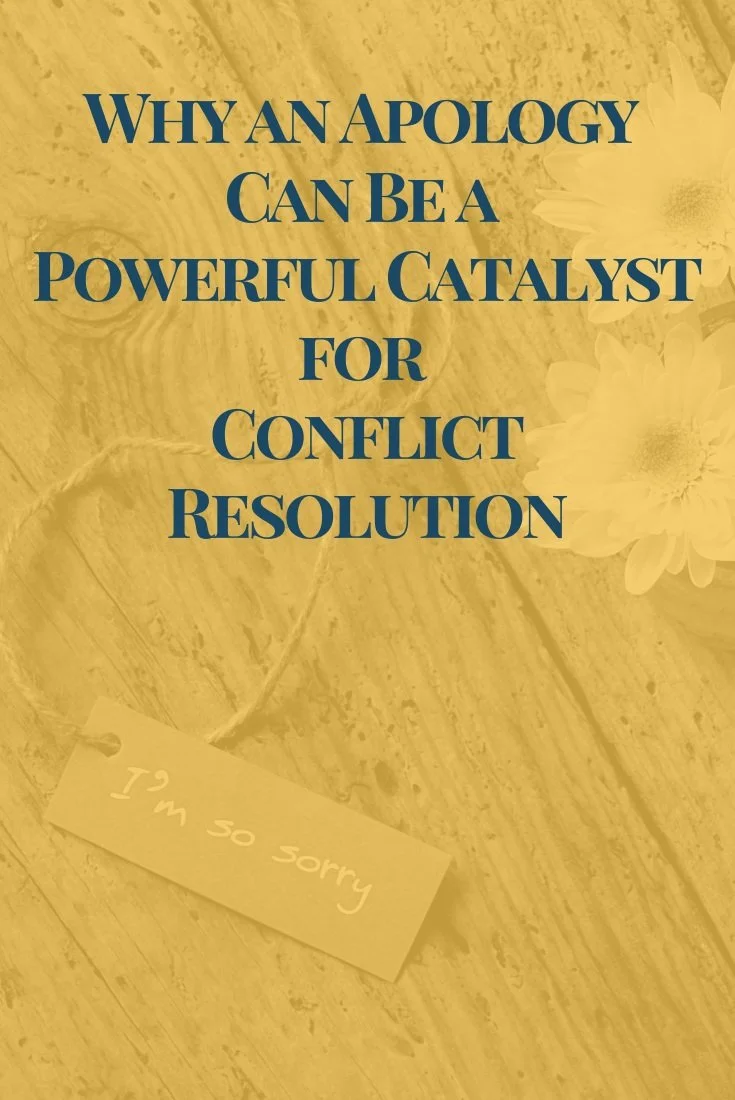Conflict is an inevitable part of life. We encounter it in our personal relationships, at work, and even within ourselves. While conflict is often viewed as a negative experience, it can actually offer surprising benefits. In this article, we will explore the role of conflict in promoting personal growth and building stronger connections with others.
Assumptions: The Silent Killers of Effective Listening and Conflict Resolution
In our daily interactions, we often find ourselves making assumptions about what others think, feel, or mean. While this may be natural, assumptions can hinder our ability to actively listen and truly understand others. Active listening is a crucial skill in effective communication, enabling us to build stronger personal and professional relationships. However, when we start making assumptions about the speaker's statements, tone of voice, or body language, we veer away from active listening and compromise effective communication. Poor listening combined with ineffective communication inevitably leads to misunderstandings and conflicts. Assumptions become the silent killers of effective listening and conflict resolution. In this article, we will explore the impact of assumptions on active listening and conflict resolution, as well as strategies to overcome the barriers to they create.
Why an Apology Can Be a Powerful Catalyst for Conflict Resolution
A genuine apology can promote healing and connection. An apology involves more than simply saying “I’m sorry.” It is a process. Effective apologies require courage, compassion, humility, and sincerity. An apology’s effectiveness, however, is not dependent on the recipient’s acceptance of the apology. There may be barriers to giving or receiving apologies. When the conditions are right, however, an apology can be a powerful catalyst for conflict resolution.




